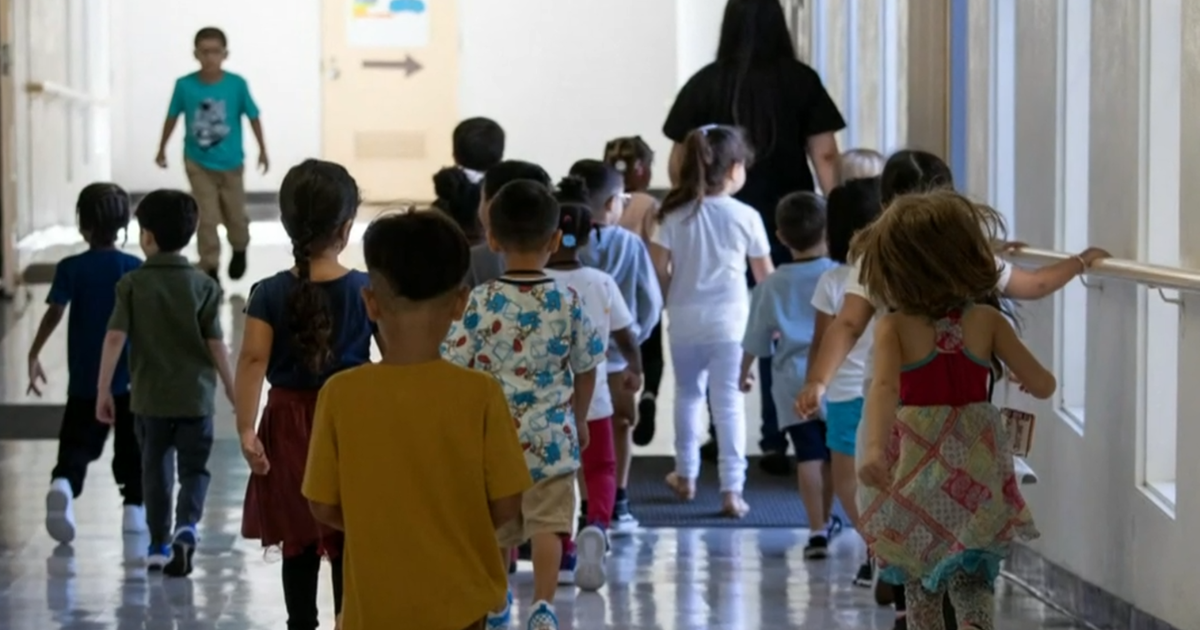
"ADHD is a disorder characterized by difficulty paying attention, or what we call hyperactivity, which is sort of like kids that have a hard time sitting still, they have a lot of energy," explained Jamie Howard, a senior clinical psychologist with the Child Mind Institute, which specializes in treating anxiety and mood disorders in children. Howard, who was not involved in the study, said that when treating ADHD in young children, clinical guidelines call for starting with "behavioral intervention.""
"The Stanford study found that about 68% of those children who were diagnosed with ADHD were prescribed medications before age 7, most often stimulants such as Ritalin, which can help children focus their attention and regulate their emotions. The turn to medication often came quickly, according to the study. About 42% of the children who were diagnosed with ADHD were prescribed drugs within 30 days of diagnosis, the study found."
Nearly 10,000 preschool-aged children ages 3 to 5 (2016–2023) diagnosed with ADHD had their health records examined. About 68% received prescriptions for medications before age 7, most often stimulants such as Ritalin. Approximately 42% were prescribed drugs within 30 days of diagnosis. Clinical guidelines recommend starting with behavioral interventions for young children to minimize harm. Reported medication side effects include irritability, aggressiveness, and emotional problems, and many families discontinue treatment because side effects outweigh perceived benefits. Concerns about toxicity in 4- and 5-year-olds are low, but treatment failure rates can be high.
Read at Cbsnews
Unable to calculate read time
Collection
[
|
...
]